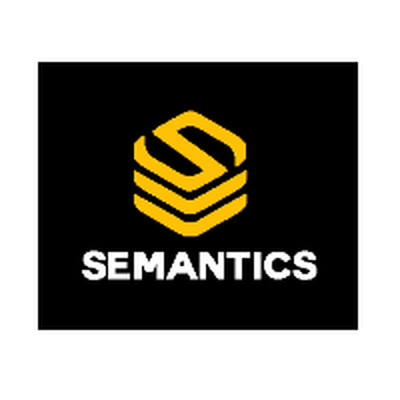What are the essential features of pharmaceutical translations?
Publicado por Semantics Evolution
Cuerpo
The pharmaceutical industry is highly regulated and specialized, with an ever-changing landscape of scientific terminology and regulations. This presents a challenge to those responsible for translating documents, as accuracy and precision are key to ensuring compliance. The reputed companies providing pharmaceutical translation services deal with a variety of pharmaceutical fields for translations including drug formulation, biopharmaceutics, microbiology, orthopedics, and others.
These translation companies provide translations for different documents related to pharmaceuticals including package leaflets and technical data sheets for medical products, pharmaceutical research and surveys, clinical trials, chemical patients, laboratory documents, labeling and packaging, advertising, etc.
Pharmaceutical translations are an essential part of this process, and there are a number of features that must be taken into consideration when undertaking them. Considering these factors ensure that the resulting translation is accurate and error-free. The pharmaceutical field is directly related to healthcare services, and that puts them in a spot where there is no scope for errors. Even the minutest error in translations could have life-threatening consequences.
Here are some essential features of pharmaceutical translations that all reputed companies take into account:
Accuracy and Precision
One of the most significant features of pharmaceutical translations is their accuracy and precision. In order to ensure compliance, it is essential that the translated documents are free from errors and inaccuracies. It includes grammar, spelling, and punctuation, but also the use of appropriate terminology and technical terms. The translator must be familiar with industry-specific terms and concepts and must understand the context in which they are used.
Understanding of regulations and laws
Another significant feature is the ability to understand the regulatory landscape. Pharmaceutical translations must take into account the various regulations and laws that govern the industry. This requires a deep understanding of the regulations and the ability to interpret them accurately. Translators must be well-versed in the terminology and must be able to identify any discrepancies between the source and target documents.
Consistency
The quality of the translations must be consistent. Translators must ensure that their translations are accurate and up-to-date and comply with regulations and laws. It includes the use of terminology, grammar, and punctuation, as well as formatting and layout. The translator must also be able to keep up with changes in the industry and update the translations accordingly.
Final words
Overall, pharmaceutical translations are a complex and challenging process. The translator must possess the knowledge and experience to ensure accuracy and compliance with regulations. Additionally, they must be able to keep up with changes in the industry and provide consistent quality translations. Those responsible for pharmaceutical translations must possess all of these qualities, in order to ensure that the translations are accurate and compliant.











Comentarios